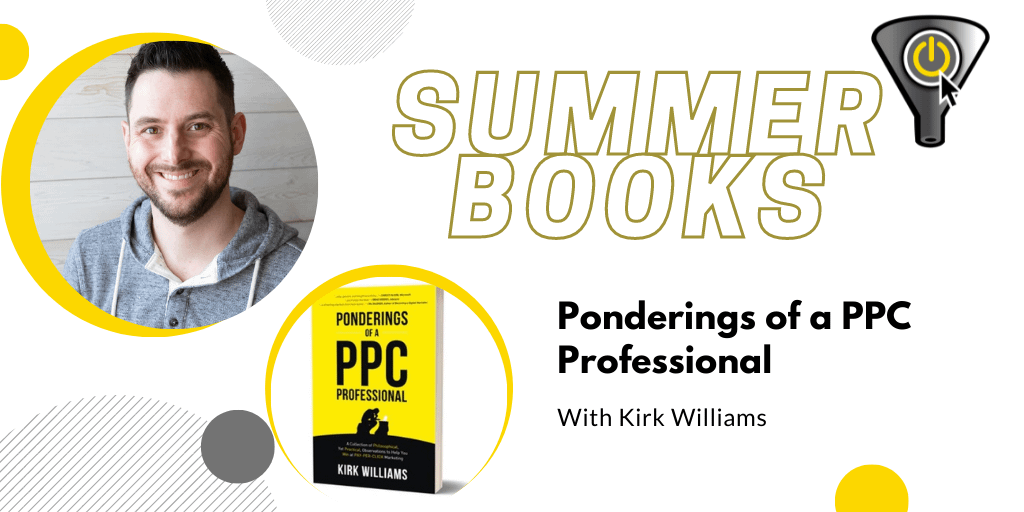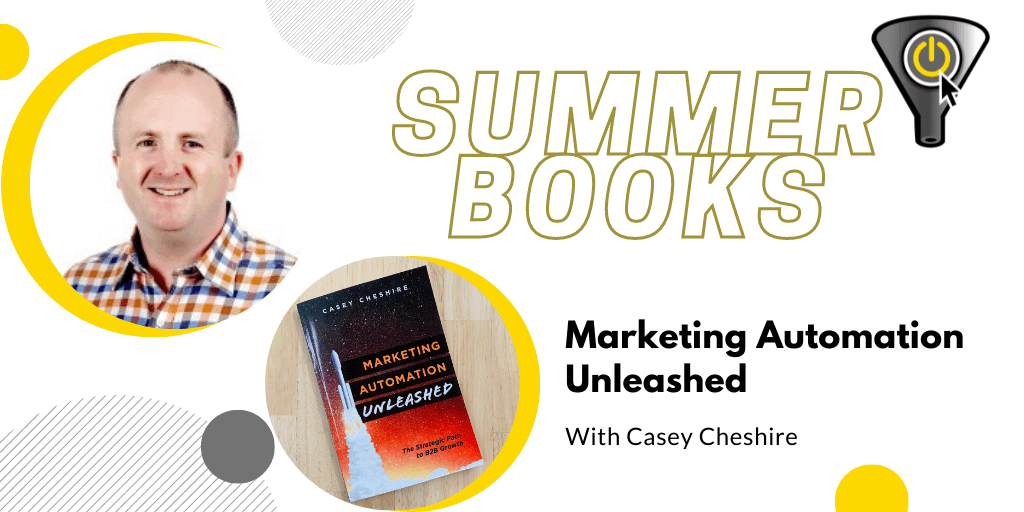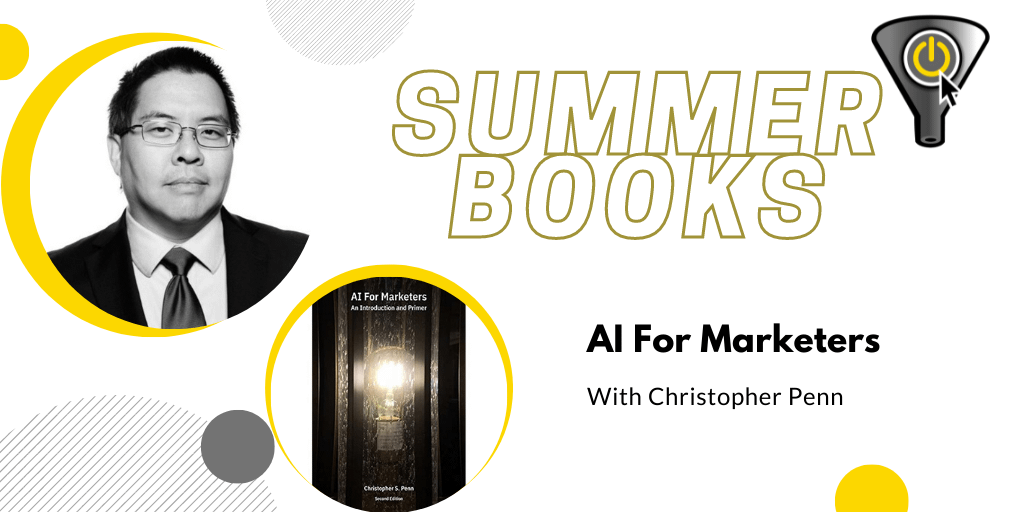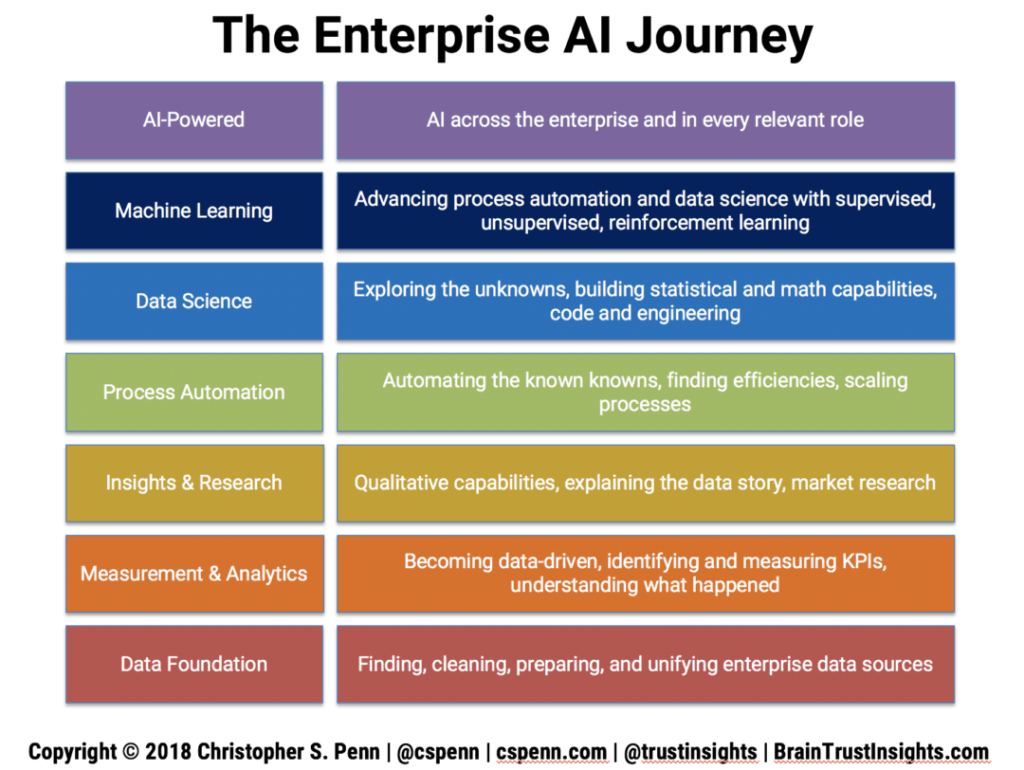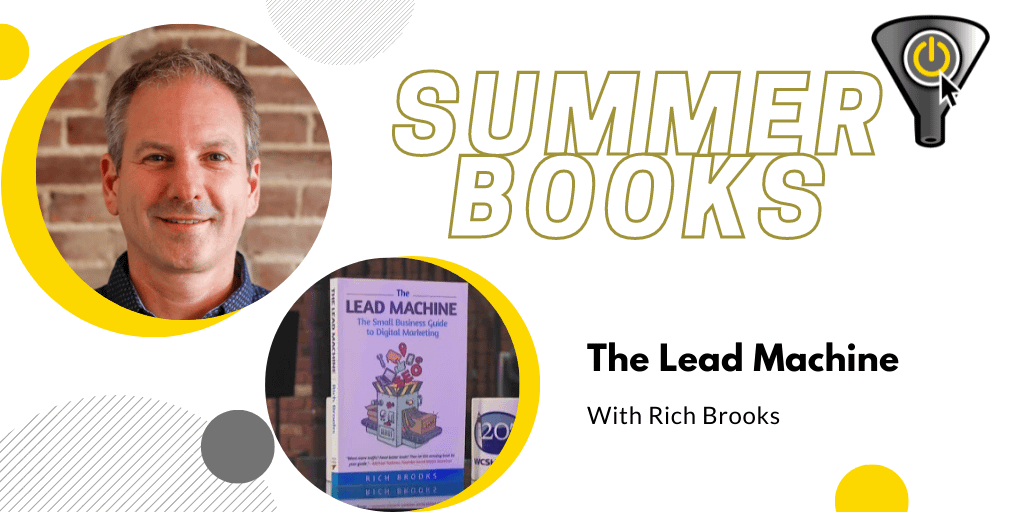This is the fifth book of our “Summer Books” series and we’re even going social with the hashtag, #SummerMarketingBooks on Twitter, Instagram and LinkedIn. This book focuses on Pay-Per-Click marketing, and whether you do any PPC yourself or outsource, you should be aware of how much of a ground-shaking shift artificial intelligence is making here. Remember that Google & Facebook have been investing enormous sums of money on AI. Their ad empires pretty much run on AI now, and it’s vaulted them to become two of the world’s top 10 companies.
While acknowledging that this sounds ominous for advertisers, our author believes that by joining with them on campaign automation, we can actually thrive. Our author’s seen this shift happen first-hand, as part of the NY-based agency Adventure Media, where he serves as COO. his book, Join or Die: Digital Advertising in the age of Automation, came out in 2020.
People/Products/Concepts Mentioned in Show
- Think-with-Google’s Messy Middle paper
- Single Keyword AdGroup (SKAG) strategy
- Eric Seufert
- Survivorship bias
- Jason Kalakanis’ Google Wins Everything post
- Fred Vallaeys PPC Town Hall
- PPCProtect.com
- Clickcease.com
- Cheq.ai
- Agency where Patrick works is AdVenture Media
- Patrick can be contacted on LinkedIn and Twitter


